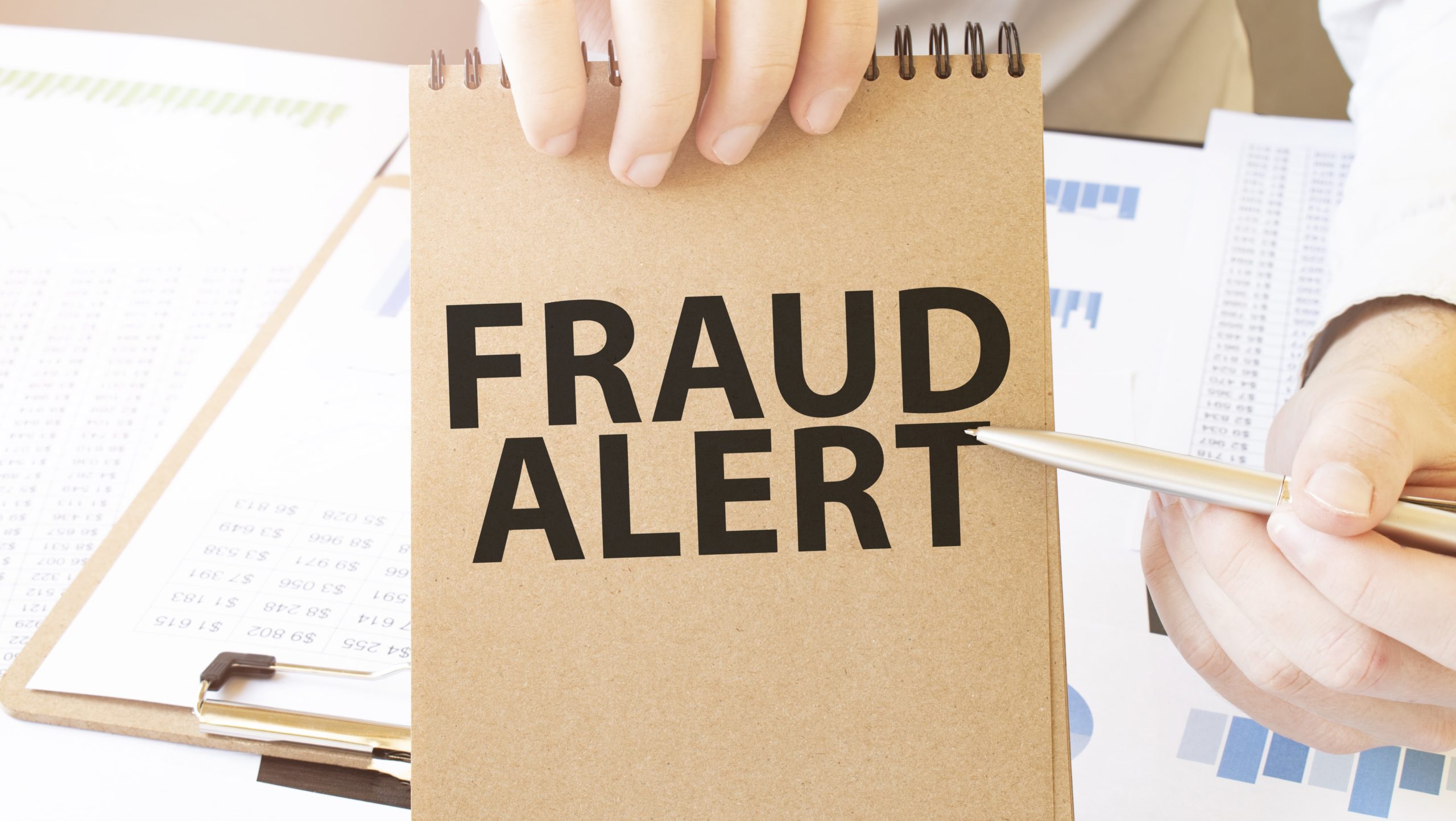10 Facts to Know about Arizona’s Laws on Business and Commercial Fraud
Business and commercial fraud are significant concerns in Arizona, impacting the integrity of the marketplace and the trust between businesses and their clients. For businesses operating in Arizona, it’s crucial to understand the specific laws and statutes that govern commercial fraud to navigate these waters effectively. At Tamou Law Group PLLC, we practice in guiding businesses through these legal intricacies. Here are ten essential facts about Arizona’s laws on business and commercial fraud that every business owner should know.
1. Definition of Fraud in Arizona
Under Arizona law, fraud is generally defined as a deceptive practice intended to secure an unfair or unlawful gain. This can include actions such as misrepresentation, false statements, deceit, or concealment of material facts.
2. Uniform Commercial Code (UCC)
Arizona has adopted the Uniform Commercial Code (UCC), which regulates commercial transactions. Article 2 of the UCC, which deals with sales, has provisions concerning fraudulent misrepresentation that can affect businesses involved in the sale of goods.
3. Consumer Fraud Act
The Arizona Consumer Fraud Act (ACFA) is a critical statute under Arizona Revised Statutes (A.R.S.) §44-1522. This Act prohibits deceptive, misleading, and false acts and practices in the sale or advertisement of merchandise. It’s pivotal for businesses to understand these provisions to avoid potential lawsuits.
4. Arizona Securities Act
The Arizona Securities Act (A.R.S. §44-1801) provides definitions and regulations concerning fraud in securities transactions. This Act is crucial for businesses and investors in the financial sector, ensuring transparency and accountability in securities trading.
5. Real Estate Fraud
Real estate transactions in Arizona are also subject to specific fraud laws. Misrepresentation in real estate can involve the disclosure of property conditions and other material facts during transactions. Relevant statutes include A.R.S. §32-2153 (Misrepresentation by a Real Estate Entity).
6. Civil Remedies and Penalties
Victims of commercial fraud can seek civil remedies including actual damages, punitive damages, and attorney fees under A.R.S. §12-341.01. These penalties are intended to deter fraud and compensate the injured parties.
7. Criminal Penalties
Fraud can also lead to criminal charges in Arizona. Under A.R.S. §13-2310, a person commits a felony if they knowingly obtain a benefit through fraud. Convictions may result in fines and imprisonment, emphasizing the severe consequences of fraudulent activities.
8. Statute of Limitations
The statute of limitations for fraud claims in Arizona varies depending on the nature of the fraud. Generally, the limit is three years from the discovery of the fraud, but it’s crucial to consult with experienced legal guidance to understand specific time limits relevant to your situation.
9. Legal Representation in Fraud Cases
Navigating the complexities of fraud laws in Arizona often requires the experience of skilled attorneys who practice in commercial law and litigation. Effective legal representation is vital in both pursuing fraud claims and defending against them.
10. Prevention and Compliance
For businesses, proactive measures against fraud include implementing robust internal controls, regular audits, and compliance training for employees. Understanding and adhering to the legal standards can prevent significant legal issues and foster a trustworthy business environment.
Contact Tamou Law Group PLLC
Understanding and navigating the complexities of Arizona’s business and commercial fraud laws can be challenging. At Tamou Law Group PLLC, we are dedicated to providing our clients with the experience and guidance needed to handle these matters effectively. If you suspect fraudulent activity or need advice on compliance and prevention strategies, do not hesitate to contact us at 623-321-4699.


